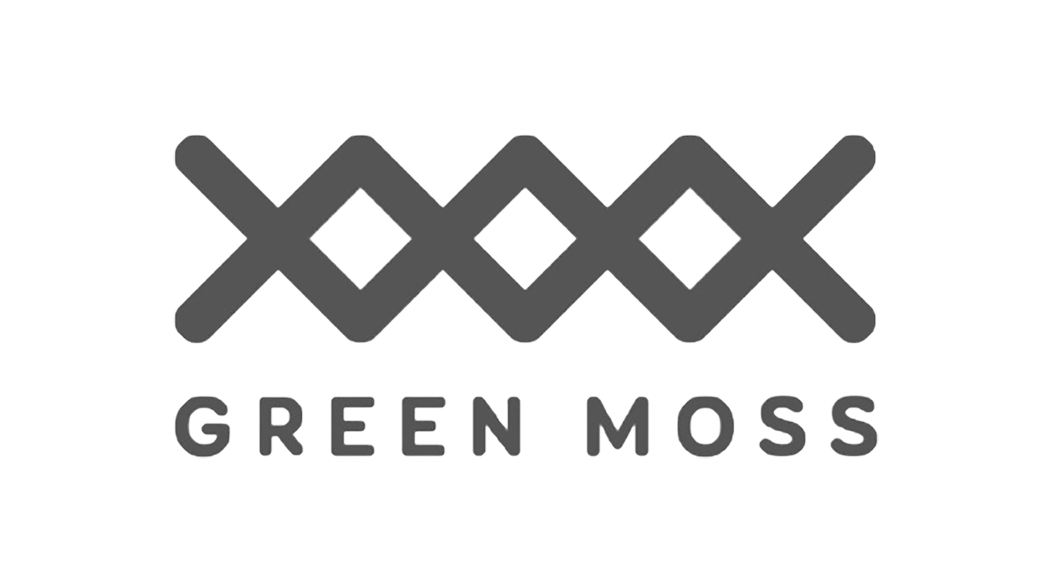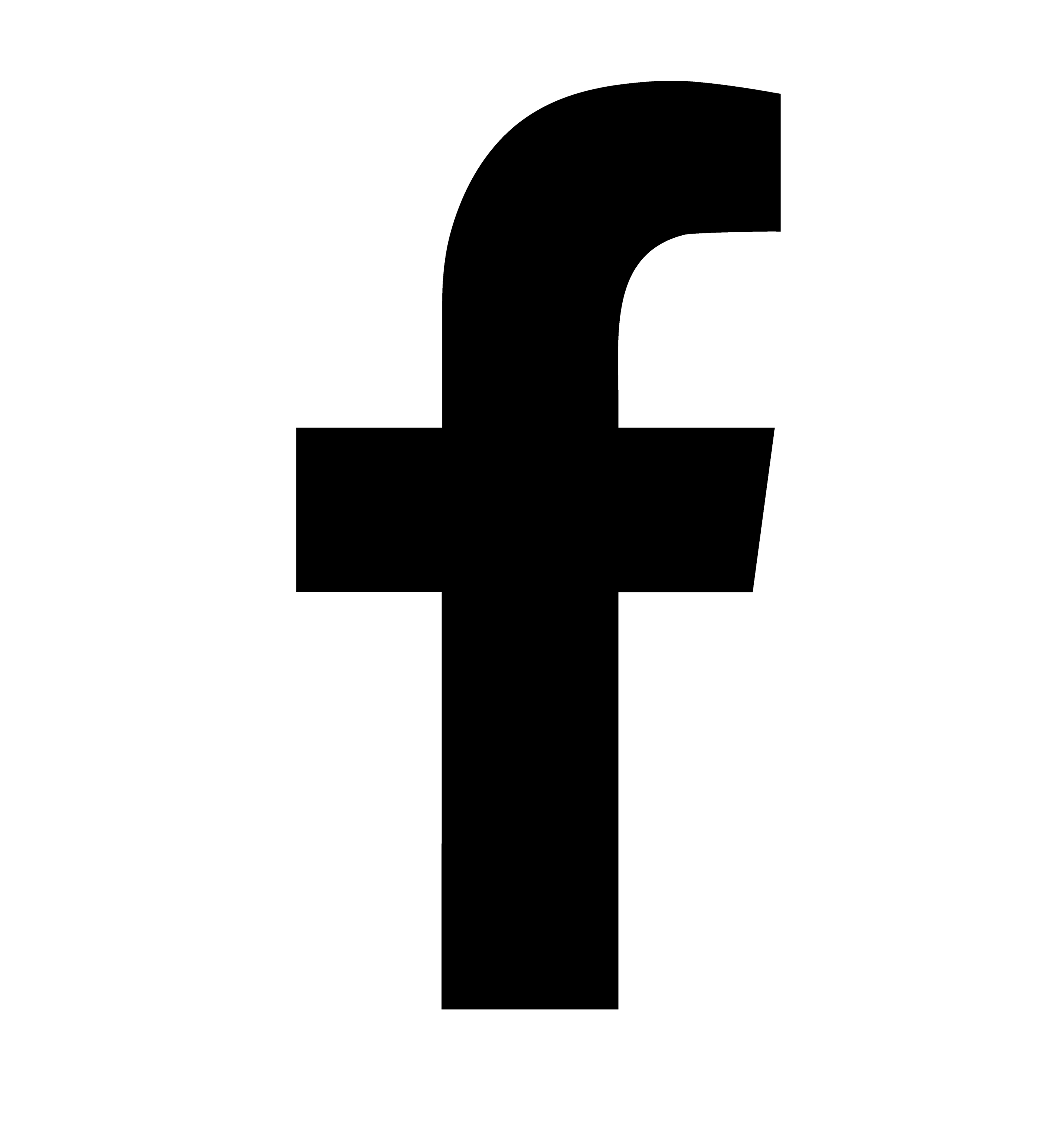The choice of material for sofas, chairs, beds, or wall panels affects not only the overall aesthetic but also the long-term durability, tactile experience, and maintenance costs. Each material brings its own personality—from luxury and rustic charm to modern convenience—so understanding their characteristics is essential to making the right decision.
Join GreenMoss in exploring this detailed guide that compares five of the most commonly used upholstery materials: Genuine Leather, Simili (PVC), Upholstery Fabric, PU Leather, and Microfiber—including definitions, pros, cons, and the ideal use cases for homes or specialized design projects.

1. Genuine Leather
Genuine leather is a premium material derived from animal hides (primarily cowhide) and processed through complex tanning methods. Depending on treatment, it comes in types such as aniline, semi-aniline, top grain, and full grain.
Advantages:
• Natural, unique surface: Every leather hide has distinct grains, offering unmatched character—especially ideal for bespoke designs.
• Superior durability: A genuine leather sofa can last over 10 years with proper care.
• Ages beautifully: Over time, leather develops a soft sheen and signature patina that no synthetic can replicate.
• Authentic tactile feel: A perfect balance of softness, support, and breathability.
Disadvantages:
• High cost
• Requires regular maintenance

2. Simili (PVC Leather)
Simili is a synthetic leather made by coating a fabric base with a layer of PVC. It is the most budget-friendly option, commonly used in mass-market or short-term interior projects.
Advantages:
• Low cost
• Water-resistant and easy to clean
Disadvantages:
• Prone to peeling and short lifespan (1–3 years)
• Poor breathability and heat retention

3. Upholstery Fabric (Nỉ)
This fabric is woven from synthetic or blended fibers (sometimes with cotton) and offers a warm, soft feel. It’s a popular choice in Scandinavian or youthful interior styles.
Advantages:
• Breathable
• Soft texture and diverse patterns
Disadvantages:
• Prone to dust accumulation
• Difficult to clean if not treated with a water-repellent layer
• Not suitable for humid environments

4. PU Leather (Polyurethane)
PU leather is made by applying a polyurethane coating over a fabric backing. It's a widely used alternative to real leather, offering a softer feel than Simili and easier handling.
Advantages:
• Soft, aesthetically pleasing, and easy to clean
• Moderately priced
Disadvantages:
• Prone to peeling after 2–4 years
• Less breathable

5. Microfiber
Microfiber is a high-performance synthetic material that mimics the collagen structure of real leather. Made from ultra-fine polyester fibers, it’s known for its durability and water resistance.
Advantages:
• Soft, durable, and resistant to peeling
• Lightweight, easy to clean, and more skin-friendly than PVC
Disadvantages:
• Slightly more expensive than PU
• Requires careful selection—low-quality microfiber may contain plastic fillers

Conclusion: Which Material Should You Choose?
Your choice should depend on:
• Frequency of use (daily use or display?)
• Design and aesthetic preferences
• Available budget
• Durability needs and user profile (family, office, rental, etc.)
GreenMoss Recommendation
If you’re an architect, interior contractor, or showroom in need of tailored consultation on leather materials, don’t hesitate to contact the GreenMoss team.
We offer not only officially imported Italian leather, but also expert support to help you select the most suitable material for each unique design concept.






